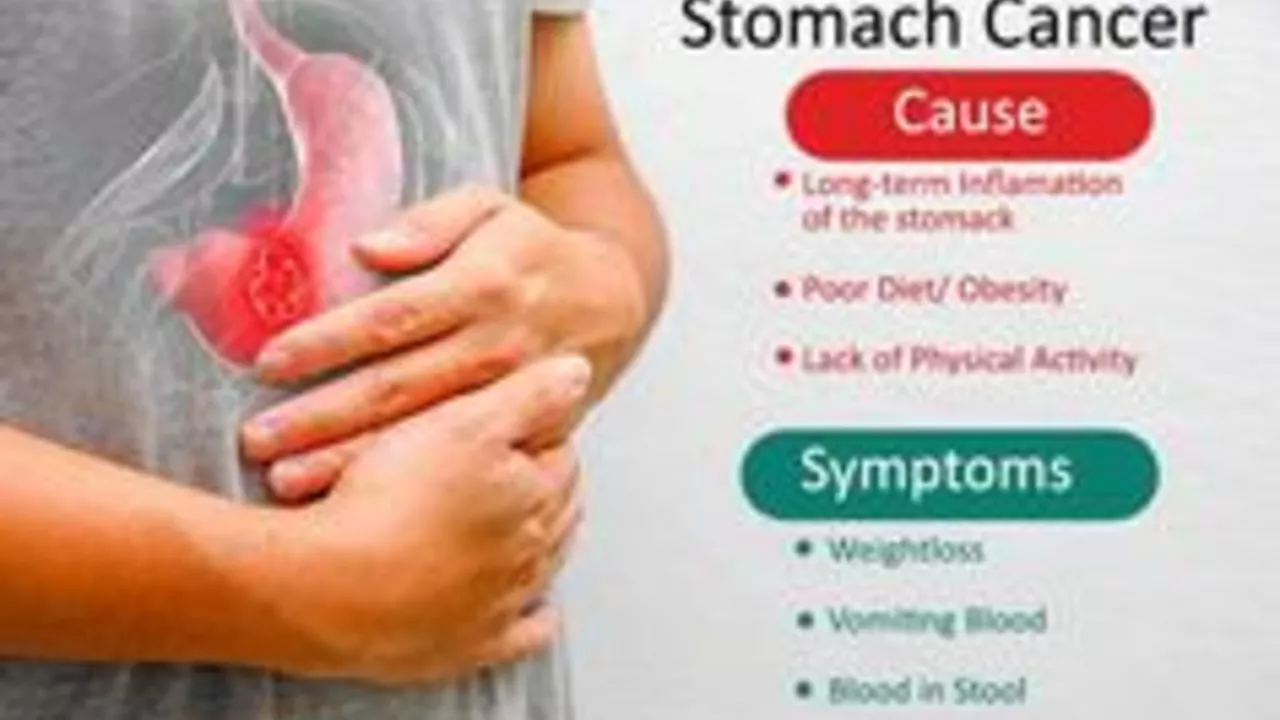Symptoms: How to Read Your Body and Know What to Do
Not sure if that ache, rash, or tiredness is worth a doctor visit? Symptoms are clues — not diagnoses. Learn to spot what matters, track it clearly, and take the right next step so you don’t overreact or wait too long.
Start by describing the symptom in plain language: where it is, when it started, how often it happens, what makes it better or worse, and how bad it feels on a 1–10 scale. Note any recent medication changes, new supplements, or infections. Small details matter: a fever, yellow skin, sudden breathlessness, or sharp chest pain are red flags; mild, short-lived aches often aren’t.
When to get urgent care
If you have severe chest pain, sudden trouble breathing, sudden weakness or numbness, confusion, fainting, or bleeding you can’t stop — go to the ER or call emergency services. For new high fevers, rapid heartbeat, severe dehydration, or suspected stroke symptoms, don’t wait. Other situations that need quick attention include signs of serious infection (rapidly spreading redness, high fever) and allergic reactions with swelling or breathing trouble.
For everything else, use a stepwise approach: self-care for mild problems, phone or virtual visit for moderate concerns, in-person exam if symptoms persist or worsen. SamRx articles cover specifics — for example, read our guides on chronic hepatitis symptoms, antifungal issues like athlete’s foot (Lamisil), or how antiviral drugs like Valacyclovir work — to learn what to watch for with particular conditions.
How medicines and side effects can confuse things
Medications can cause symptoms that mimic disease. Nausea, dizziness, skin rashes, and fatigue are common side effects. If a new symptom starts after you begin a drug (or change dose), check the leaflet and talk to your prescriber before stopping. Some drugs need tests or monitoring — for example, blood thinners, antibiotics, or certain cancer meds — so know what labs you should get.
Track symptoms with dates and times, and note any related medicines, foods, travel, or exposures. A simple symptom journal helps your clinician connect the dots faster and avoids repeated visits. If you’re switching meds or exploring alternatives — like Ventolin alternatives, warfarin substitutes, or options after Wellbutrin SR — list symptom changes before and after the switch.
Online pharmacies and telehealth can be helpful, but verify legitimacy and licensing before ordering. We review common platforms and safety checks so you can buy meds without added risk. If a supplement or herbal remedy triggers new problems, stop it and ask your provider — herbs like Strophanthus or Pu-Erh tea can have strong effects too.
Bottom line: describe symptoms clearly, track them, and match the response to how severe they are. Use trustworthy guides for condition-specific signs and talk to a clinician when things change or don’t improve. If you want, start a symptom note now — you’ll thank yourself later when you need to explain it to a doctor.
Meclizine Overdose: Symptoms, Treatment, and Prevention
Meclizine overdose is a serious concern that everyone should be aware of. Symptoms of an overdose can include drowsiness, dry mouth, and even seizures in severe cases. To treat an overdose, it's crucial to seek medical attention immediately, as they may need to perform gastric lavage or administer activated charcoal. Prevention is key; always follow the recommended dosage and consult with your doctor or pharmacist if you're unsure. It's essential to stay informed and be cautious when taking any medication, including meclizine.
Read moreUnderstanding the Basics of Herpes: Causes, Symptoms, and Treatment
As a blogger, I've recently delved into understanding the basics of herpes, a common yet often misunderstood condition. Herpes is caused by two types of viruses: HSV-1, which typically causes oral herpes, and HSV-2, responsible for genital herpes. Symptoms can range from mild to severe, including cold sores, blisters, and flu-like symptoms. Unfortunately, there is no cure for herpes, but antiviral medications can help manage outbreaks and reduce transmission risks. It's essential to educate ourselves about herpes to reduce stigma and support those affected by the condition.
Read more

